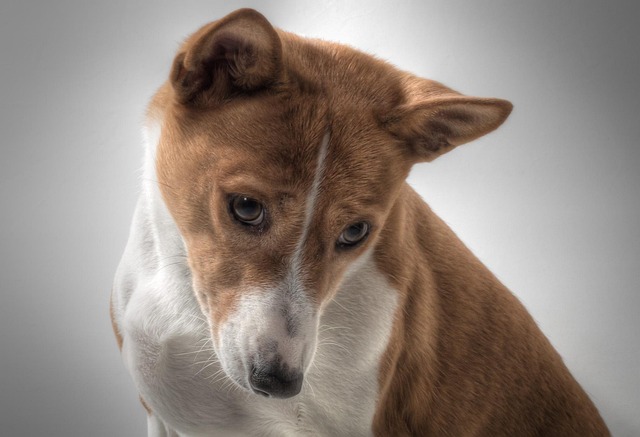
How do i train my dog to be obedient?
Watching your dog dart across the park ignoring your calls isn’t just frustrating—it can put them at risk near busy streets or public spaces.
Finding unexpected messes on the living room carpet isn’t just frustrating—it can strain even the strongest bond with your pup. The good news is that with consistency and the right approach, most dogs learn to handle their business outside. Start by understanding their schedule: puppies under six months can’t hold it long, while adult dogs usually need a trip out after meals, naps, or playtime. A friend in Denver swear by setting a timer; every two hours, rain or shine, she’s out the door with her terrier mix, turning potty breaks into a non-negotiable routine.
Timing is key, but so is location. Pick a spot in your yard or near your building—somewhere easily accessible—and stick to it. Dogs thrive on familiarity, and associating one area with bathroom time helps them understand the drill. When they go in the right place, celebrate like it’s a major win: excited praise, a tiny treat, maybe even a quick game of fetch. Positive reinforcement works wonders here; scolding after the fact only confuses them—they won’t connect the punishment to something they did 10 minutes ago. A trainer I know in Seattle calls this the "3-second rule": react immediately to the good behavior, or save your energy.
 Accidents will happen, especially with new puppies or rescue dogs adjusting to a new home. When you catch them mid-act, calmly interrupt with a soft "uh-oh" and gently guide them outside. Never yell or rub their nose in it—that’s outdated advice that breeds fear, not learning. After cleaning, use an enzymatic cleaner to eliminate odors; regular soap might mask the smell to humans, but dogs will still detect it and think, "This is where I go." Landlords in cities like Boston often have strict rules about pet stains, so thorough cleaning isn’t just about training—it’s about keeping your lease intact.
Accidents will happen, especially with new puppies or rescue dogs adjusting to a new home. When you catch them mid-act, calmly interrupt with a soft "uh-oh" and gently guide them outside. Never yell or rub their nose in it—that’s outdated advice that breeds fear, not learning. After cleaning, use an enzymatic cleaner to eliminate odors; regular soap might mask the smell to humans, but dogs will still detect it and think, "This is where I go." Landlords in cities like Boston often have strict rules about pet stains, so thorough cleaning isn’t just about training—it’s about keeping your lease intact.
Older dogs suddenly soiling the house might signal bigger issues. A 7-year-old lab in Philadelphia started having accidents, and it turned out he had a bladder infection. If your normally house-trained dog starts messing up, check for signs of discomfort or changes in their routine—like a new work schedule that leaves them alone longer. In some places, leaving a dog confined for excessive hours violates animal welfare laws, so adjusting their routine might not just fix the problem, it could keep you on the right side of local regulations.
Patience is the final piece of the puzzle. Some dogs catch on in weeks, others take months—especially if they’ve had bad experiences before. Consistency beats intensity: missing one potty break can set progress back. Remember, this isn’t about punishing mistakes, but teaching your dog where to go. With time, that "uh-oh" moment will become a rare occurrence, replaced by the sound of your pup scratching at the door when they need to go. And in the end, that trust and understanding are worth every accidental mess along the way.

Watching your dog dart across the park ignoring your calls isn’t just frustrating—it can put them at risk near busy streets or public spaces.

New puppy owners often find themselves rushing to clean up accidents before they set in, and that’s where puppy pad training becomes a game-changer.

If you've noticed your dog's waistline disappearing and your veterinarian has mentioned those few extra pounds, your first instinct might be to simply reduce the amount of food in their bowl.

Training a dog to use a designated spot indoors isn’t as daunting as many new owners fear, but it does take consistency and an understanding of your pet’s needs.

That moment of dread on a walk is all too familiar for many new dog owners. You see another dog approaching down the sidewalk of your neighborhood

If the sight of another dog on your neighborhood walk makes your heart sink as your own dog erupts into a frenzy of barking and lunging, you're not alone.